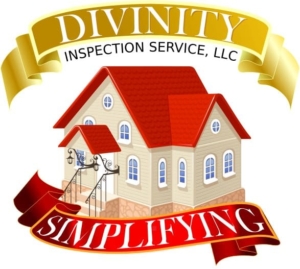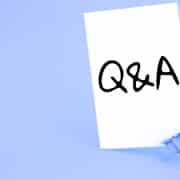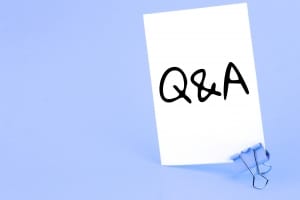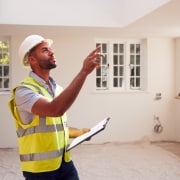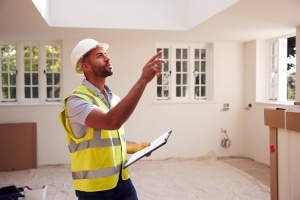What is a Commercial Inspection?
A commercial building is any building that uses at least half of its space for commercial business. Any structure that a business works directly or indirectly from is a commercial property. That list includes:
- Retail stores
- Factories
- Offices
- Restaurants
But vehicle mechanic shops, living spaces like hotels, and places of entertainment such as art galleries will also fall under this category.
Commercial buildings have a wider variety of building materials and components than your average home. They typically make these properties from steel and concrete, cinder blocks, and brick.
If the building is a factory that holds heavy equipment, the dangers of unseen risks can lead to deadly accidents. Doors and other components must also be up to code for the sake of safety.
Can a Home Inspector Perform a Commercial Inspection?
No! A home inspector is not automatically qualified to inspect a commercial property. They are entirely different and require separate training and licensing.
An inspector can become qualified to inspect both homes and commercial properties separately and continue to build onto their licensing for various specialty fields. But someone that is only qualified to inspect homes is underqualified to inspect a place of business.
A commercial home inspector has undergone specialized education that teaches them exactly what to look for.
At Divinity Inspection Service, we have inspectors who are also contractors. They don’t just have knowledge and certification, but also a hands-on understanding of the components of a commercial property.
Divinity Inspectors know what it takes to construct a commercial property from the ground up. This gives them a significant advantage as your commercial property inspector because their comprehension of every facet of that structure is exceptional.
Parking Lot
A parking lot is the first part of your business that your customers will experience. If they are disabled and your parking lot isn’t 188 Disabilities Act approved, they won’t be able to park closely and access your building properly. You need to have accessible parking.
An inspector will also evaluate the integrity of your concrete, lighting, and overall condition of the driveway and parking area.
Exterior
Once we identify the building material, the inspector will check for issues like settling, foundation cracks, and water drainage problems.
They will also inspect the outside of the windows. Are they fixed or operable? Is the insulation sufficient or are there signs of damage or deterioration that could lead to water leaking?
We examine the doors to make sure they work correctly. Handicap-friendly qualities are also checked and noted.
Unlike homes, businesses have big air handlers that require careful inspection too. Gas lines, grease pits, and all other external equipment will also be scrutinized.
Roof
A roof may seem simple, but it’s a complex system that requires careful evaluation, especially in Florida. Severe storms will tear apart an inadequate roof.
The roofing materials must be installed correctly and in accordance with the building code. For instance, if gutters are not well secured, they could fall on people below. Shingles that are not nailed down properly become a safety hazard as well. The last thing you want is an injured employee or customer and a lawsuit.
The attic space will offer even more details about the roof, and how well it is performing.
Interior
The structure of a commercial building is crucial. Because they house large numbers of people and heavy furniture and appliances, inspectors must evaluate how the building is held up and together. Any damage to the building materials could compromise its safety.
Water damage is a tremendous threat to commercial properties. It’s extremely common to find peeling paint, stains, and other telltale signs on and around:
- Walls
- Ceilings
- Floors
- Windows
- Doors
These clues offer us valuable information about the condition of the structure and where water is getting inside.
We also inspect public bathrooms for accessibility for the disabled.
Commercial Inspections in Tampa, St. Petersburg, and Brooksville
A commercial property is an enormous investment. And hiring the right commercial inspector can mean the difference between earning more or losing money.
If you are looking for commercial inspectors that you can count on to spot every detail and offer you a comprehensive report, contact the professionals at Divinity Inspection Service.
